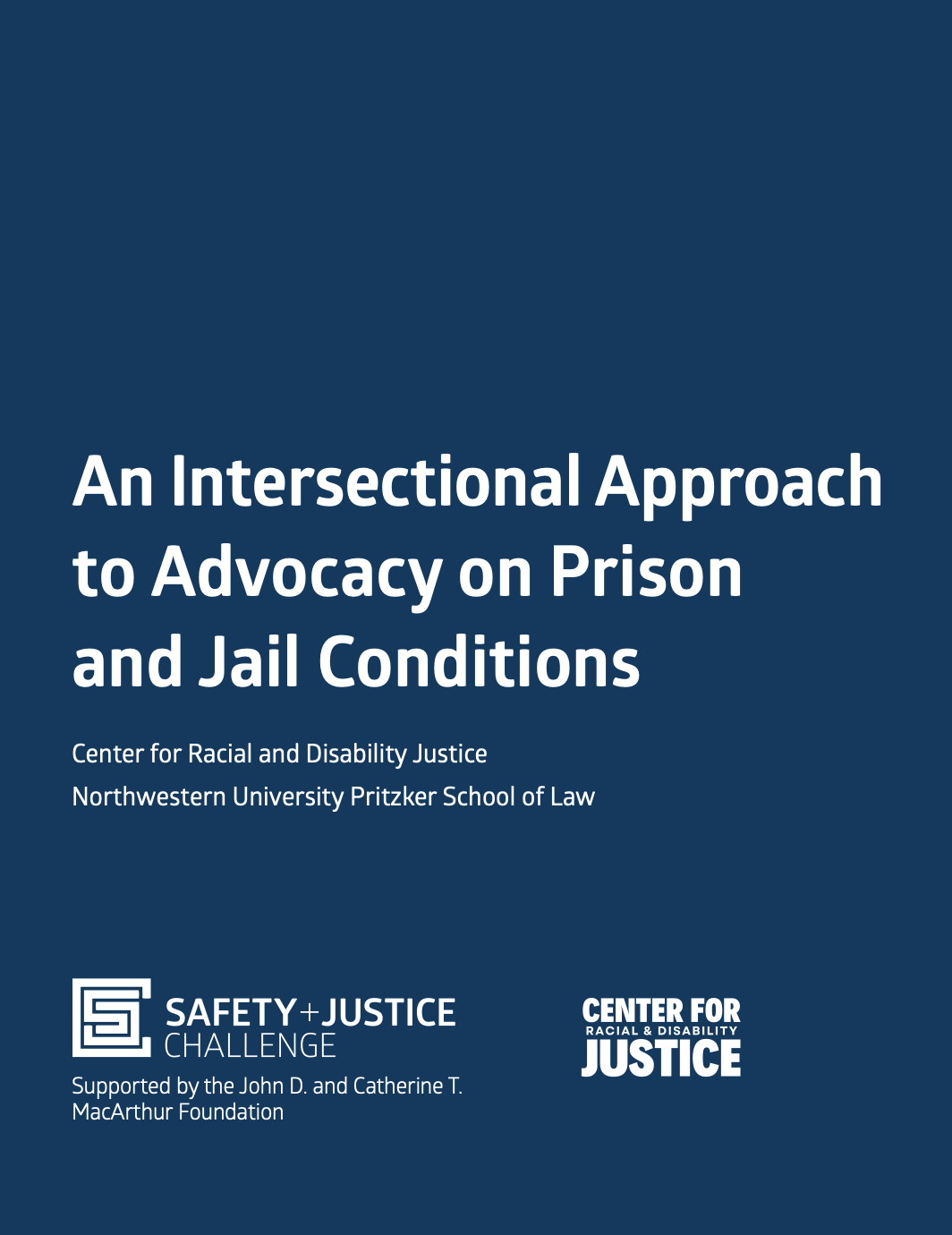Research Report
Behavioral Health
Disabilities
Reentry
October 3, 2024
Implementing the Medicaid Reentry Waiver in California
Lore Joplin, Justice System Partners, Maureen McDonnell, TASC’s Center for Health & Justice, Kimberly Richards, Justice System Partners, Miriam Popper, Justice System Partners, Vikki Wachino, Health and Reentry Project, Margot Cronin-Furman, Health and Reentry Project, John Sawyer, Waxman Strategies, Silicia Lomax, Waxman Strategies, David Ryan, Health and Reentry Project
In January 2023, California became the first state in the nation to receive approval from the federal Centers for Medicare and Medicaid Services (CMS) for a Medicaid Section 1115 demonstration request to amend Medicaid’s inmate exclusion. People detained in jails and prisons have high rates of chronic and acute health needs, including physical, mental health, and substance disorders and reentry is a high-risk time. A key to addressing these reentry risks is addressing people’s health needs while they are incarcerated and building continuity of care from jail to community when they are released.
California’s waiver, called California’s Advancing and Innovating Medi-Cal (CalAIM), and the specific component focused on individuals who are transitioning out of the criminal justice system, the Justice Involved (JI) initiative, will for the first time provide a targeted set of Medicaid-covered services right before someone is released from prison or jail. These services aim to smooth reentry transitions from jail and prison to the community, establish better connections to community-based providers at release, and enhance access to necessary care and support. California’s approach is designed to reduce the high risk of post- release mortality, morbidity, and other adverse outcomes, including repeat contact with the criminal justice system, by bringing Medicaid financing and coverage standards to bear.
The work to implement California’s waiver and make these changes a reality is demanding, involving multiple partners at the state, county, and local level who have not previously worked together at this level of vital cross-system collaboration. Implementation of these changes is well underway, and county-level changes will roll out over the next two years, starting in October 2024. This paper highlights California’s implementation approach, focusing on the county-level impacts on jails, health care providers, and reentry processes. It also explores several implementation challenges and the steps the state and the counties have taken thus far to implement this change.
The John D. and Catherine T. MacArthur Foundation’s Safety and Justice Challenge Initiative provides funding for this project, including technical assistance conducted by Justice System Partners (JSP) and the Health and Reentry Project (HARP). As part of the project, JSP and HARP conducted interviews and group discussions with representatives from 11 California counties and the California Department of Health Care Services (DHCS) who offered insights into implementation challenges and promising approaches to maximize the benefits of these important changes.
Companion Paper: Using a Learning Collaborative to Facilitate Broad Systems Transformation
In this paper, we explore the process and impact of convening a cross-sector peer learning network to foster coordination and collaboration between criminal justice, health care, behavioral health and community parters in support of this new Medicaid and criminal justice initiative.
Read more on our blog.




